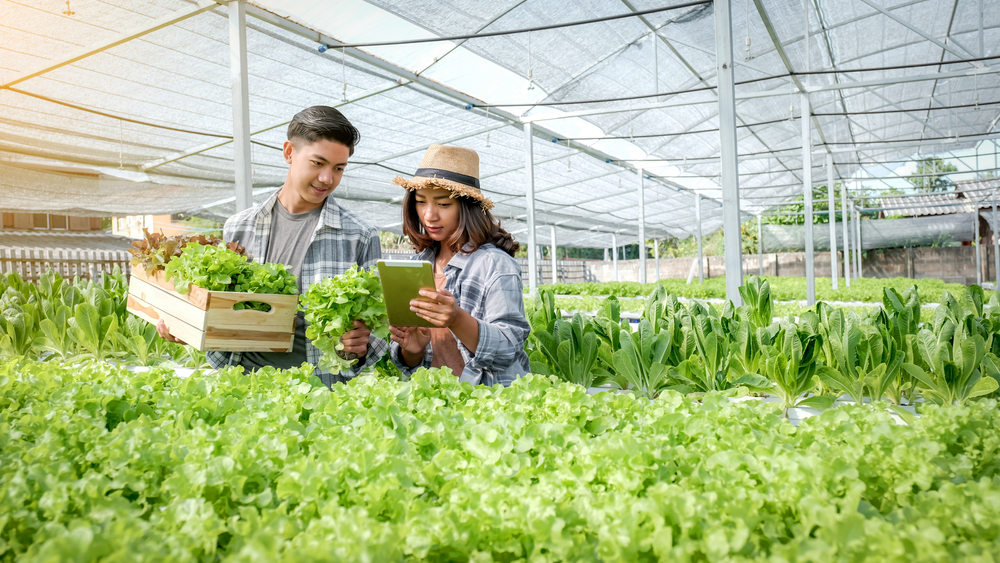

October 2, 2023

Grapevines require ample growing space to accommodate their expansive roots and leaves. Even so, farmers with little land or indoor gardeners can grow grapes through hydroponic farming.
Hydroponic farming is becoming more popular due to benefits such as controlling light, conserving farming space, and reducing the cost of operations. Growing grapes through hydroponic farming eliminates the persistent concern of pests when grown in the soil.
Although hydroponic farming provides a controlled environment, shielding your investment from unforeseen losses such as vandalism is advisable. Consider speaking to an experienced crop insurance agent about the available options.
It is possible to grow grapes hydroponically; you just need the right infrastructure, basic knowledge, and proper planning. Unlike traditional farming, where water washes vital minerals into subsoil, the source of nutrients in hydroponic farming remains intact.
The nutrients rotate in the reservoir and are released according to the growing stage and the vine’s needs.
Hydroponic farmers face multiple risks they should insure against, including property damage, personal injury, crop failure, and breach of contracts. For example, watering the grapes would be challenging if the central irrigation system becomes damaged, affecting their growth and yield.
Alternatively, an employee could become injured on the job, or a supplier who sues your farm for breach of contract. Work closely with an insurance agent to include key aspects such as business income coverage, workers’ compensation coverage, property damage, and bodily injury.
If someone vandals your hydroponic system, you’ll lose your crop and farming infrastructure. Most small-scale farmers lack the resources to absorb the impact of a substantial loss.
To that end, consider buying crop and hydroponic insurance to mitigate the impact of unforeseen events.
At Panorama Insurance Agency, we work with multiple insurers to give you a tailor-made package that meets your farm needs.
Contact us online or call us at 818.600.9179 to request a quote.
Protect what matters most.
Home, Auto, Business & More.
Company
Contact
Panorama Insurance Agency 19302 Citronia Street Northridge, California 91324
